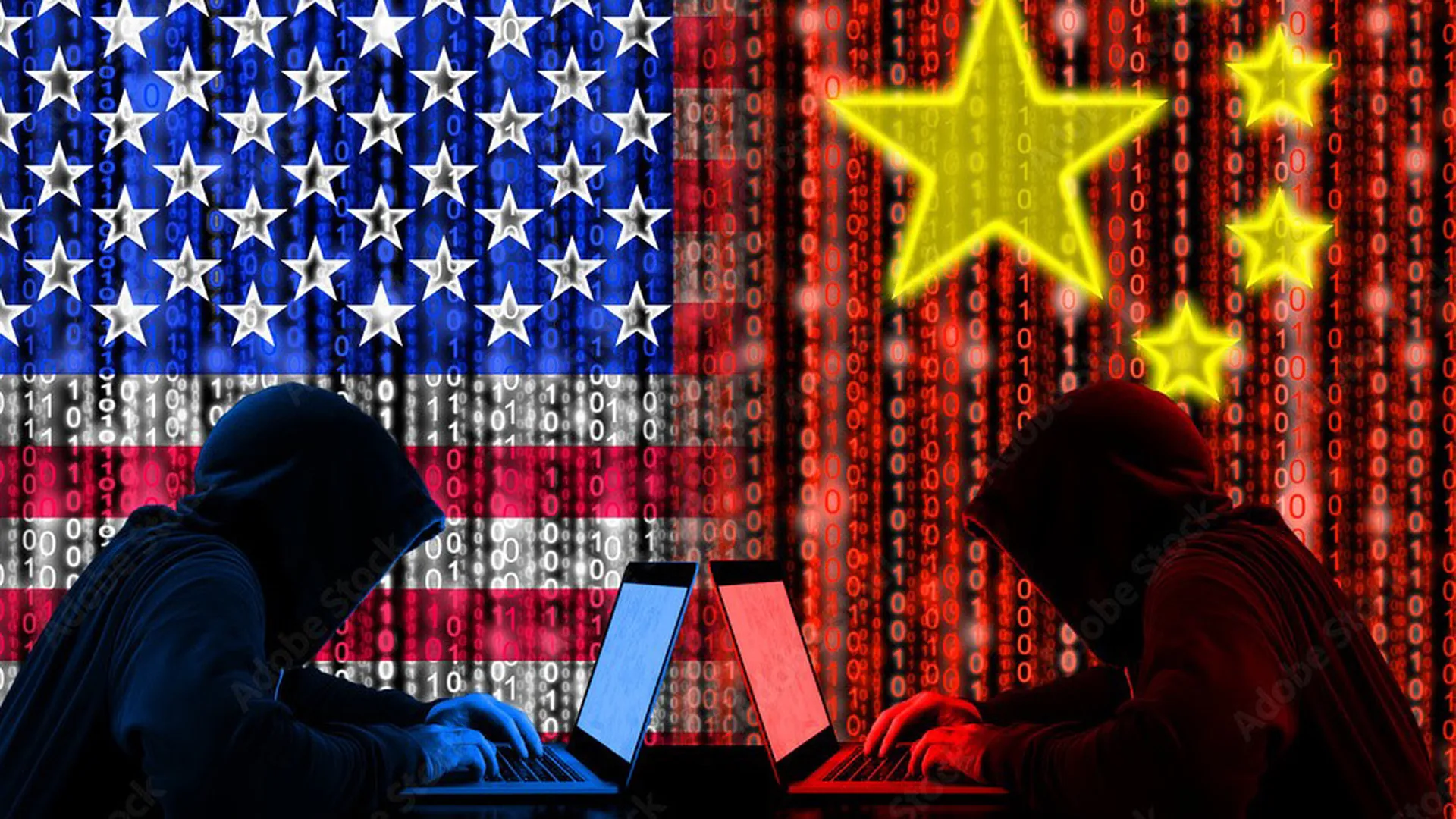Huawei will sign a “no-spy agreement” with foreign governments to reassure skeptical lawmakers in Europe that it will not allow surveillance access into its technology, the chairman of the embattled Chinese telecom giant said on Tuesday.
Concern over the security of Huawei’s technology has grown in a number of countries, particularly in the U.S. and U.K. but also in Australia, Canada and Germany. Not only is Huawei barred from bidding for government contracts in the U.S. but Congress has also urged European countries to refrain from using its gear to build new 5G telecom networks.
Among the latest developments:
- May 14 and 15 - US: President Donald Trump signed an executive order barring U.S. companies from using telecommunications equipment made by firms posing a national security risk, paving the way for a ban on doing business with China’s Huawei. Source: Reuters.
- May 16 - UK: Huawei poses such a grave security risk to the United Kingdom that the government must reconsider its decision to give it a limited role in building 5G networks, a former head of Britain’s MI6 foreign spy service said. Source: Reuters.
- May 16 - China: The country's leadership on May 16, 2019, slammed a decision by the U.S. government to put telecom equipment giant Huawei on a blacklist and said it will take steps to protect its companies, in a further test of ties as the superpowers clash over trade. Source: Reuters.
- More - Who's Embracing vs. Rejecting Huawei: A complete list of countries and companies, and their stance on Huawei.
Huawei: We'll Put It In Writing
Ahead of this week's U.S. and U.K. statements, China had attempted to diffuse the situation by pitching the 'no-spy' strategy.
“We are willing to sign no-spy agreements with governments, including the U.K. government, to commit ourselves to making our equipment meet the no-spy, no-backdoors standard,” Huawei chairman Liang Hua said at a London conference, Reuters reported.
Liang Hua’s remarks come on the heels of U.S. Secretary of State Mike Pompeo’s stumping last week for a full ban on Huawei products. “Ask yourself: would the Iron Lady be silent when China violates the sovereignty of nations through corruption or coercion?” he reportedly said. (via The Guardian)
In some ways, Liang’s concession is a watershed moment for the company, which faces the very real prospect of being stonewalled from bidding on a range of 5G network contracts worldwide. Considering that spending on 5G-related network equipment is expected to hit $26 billion by 2022, according to researcher IDC’s figures, getting shutout of a significant portion of that business would be a large blow to the telecom supplier.
Last month, U.K. Prime Minister Theresa May banned Huawei from supplying core parts of the country’s build out of its 5G mobile network but allowed the company to provide some “non-core” technology to U.K. phone companies, according to reports.
Lingering Concerns
Huawei faces an uphill battle to convince skeptics that it can rebuff Chinese government demands to build back doors into its equipment to enable intelligence surveillance. Skeptics believe that Huawei could be forced to comply based on Chinese technology law. Liang has repeatedly insisted that Huawei would not heed any requests by the Chinese government to include hidden access in foreign telecommunications networks for surveillance purposes. In February, he told reporters in Toronto that Huawei has never been asked by the Chinese government to build hidden access into its technology and denied that local laws required companies to configure equipment installed outside of China for intelligence gathering.
A month earlier, in remarks at the World Economic Forum in Davos, Switzerland, Liang warned that Huawei may choose to only conduct business only “where we are welcomed.”
Here’s a rundown of MSSP Alert’s coverage of Huawei’s spying issues:
- Huawei could be shutout from bidding on a range of 5G network contracts worldwide.
- Congressional lawmakers from both sides of the aisle proposed bills to ban exports of chips or other gear to Huawei.
- Huawei’s $2 billion plan to overhaul its global software systems and cybersecurity.
- Canada considers barring Huawei products.




